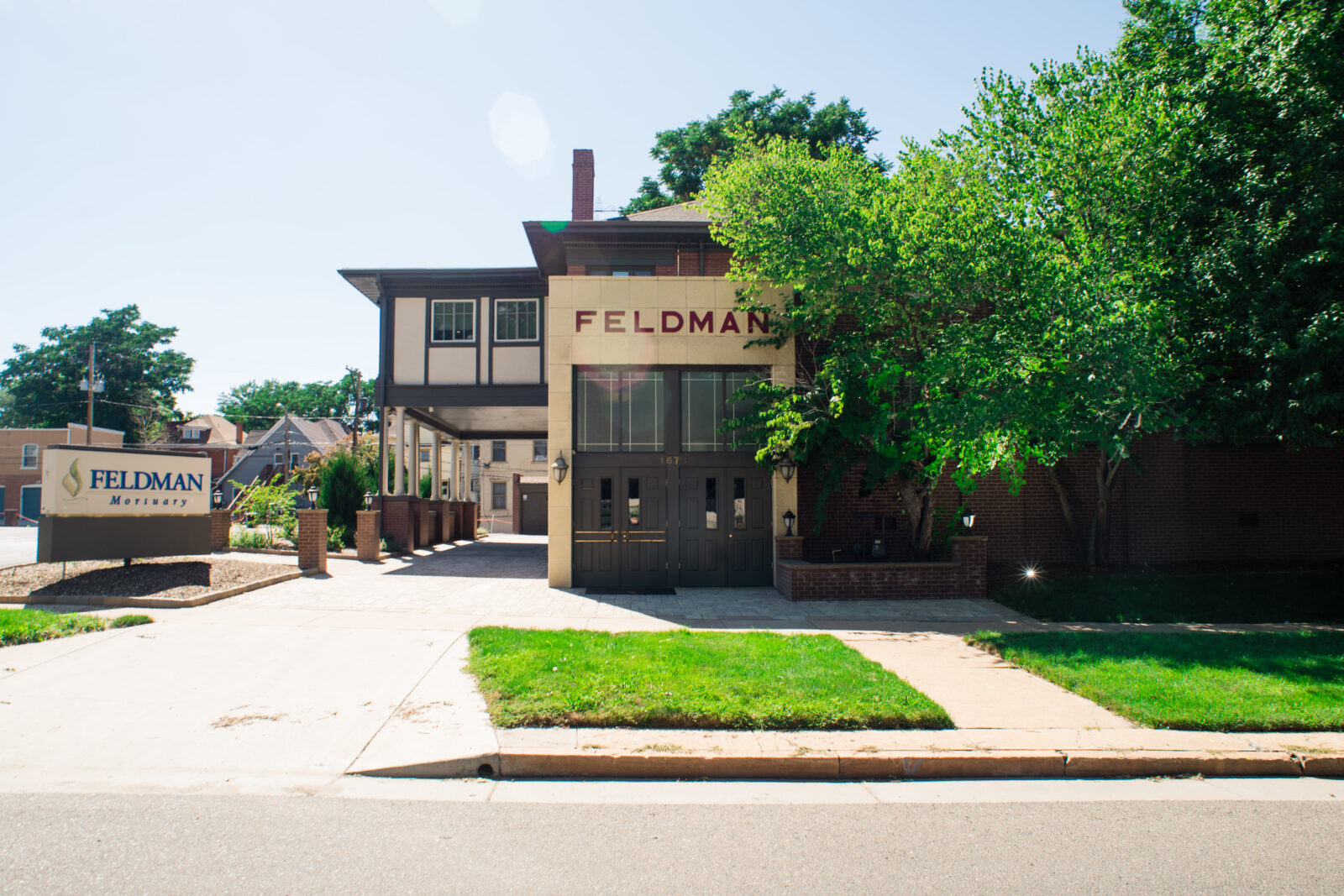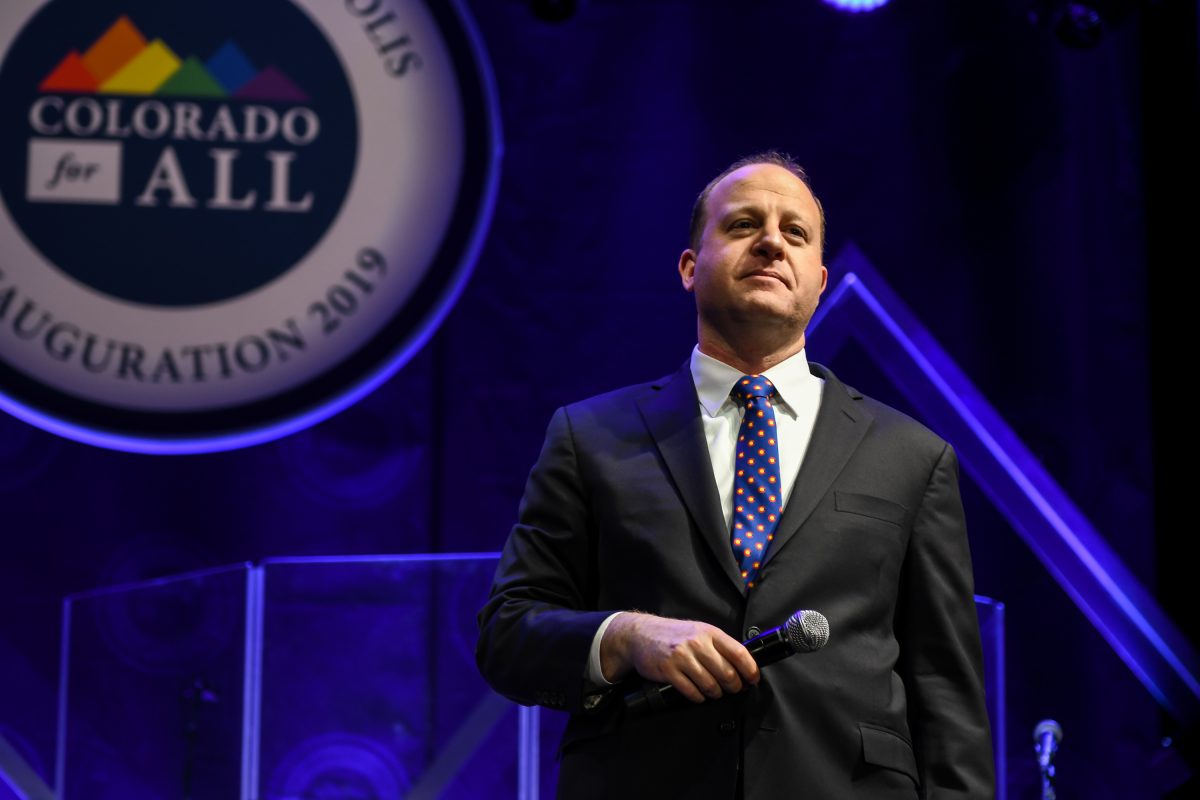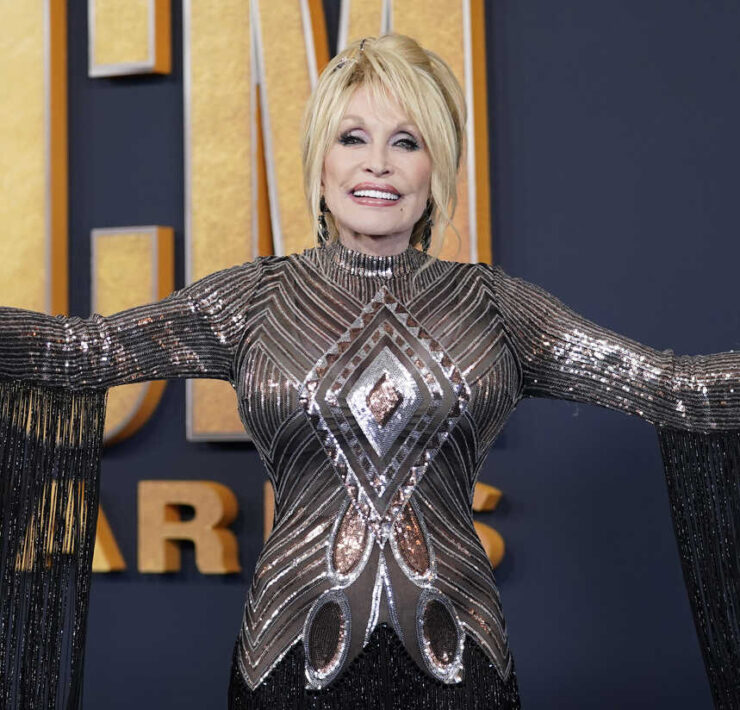Feldman Mortuary: Embracing Inclusion at Every Stage of Life

Keegan (they/them) is a journalist/artist based in Los Angeles.
Even in the face of death, queer folks can still encounter discrimination.
Think of the numerous trans folks who have been dead named and misgendered after death, their memory tainted by an identity untrue to their authentic expression. For the LGBTQ community as a whole, individuals simply want to be celebrated after death in the way they genuinely lived while they were alive on this Earth.
There are also the numerous worries surrounding the treatment of living LGBTQ community members, specifically navigating funeral arrangements as a queer loved one of the deceased, who may or may not also be part of the community.
A 2014 survey by campaign group Stonewall and the U.K.’s largest funeral director, Co-operative FuneralCare, uncovered poor treatment toward grieving members of the LGBTQ community, with family members and religious leaders reported most likely to discriminate against queer folks in this situation. Additionally, one in four LGBTQ people surveyed said they expect to face barriers when planning a funeral, with nearly the same amount expressing worries about poor treatment by a funeral director during funeral arrangements.
According to Jim Cohen, director of Feldman Mortuary in Denver, he and his staff do everything they can to ensure this doesn’t occur, that all people are welcome as they navigate some of the hardest moments of their lives.
Cohen’s great-grandfather, Sam Feldman, moved to Denver from Rochester, New York in the late 1800s and pursued an unexpected calling. He saw a need for Denver’s Jewish community to be cared for, by one of their own and at a fair price. Feldman Mortuary was a place to honor and trust in the Jewish tradition and the inherent, deep personal connections shared within the community.
Flash-forward to 1995, and Cohen became the fourth generation of the Feldman/Cohen family to take the reins. Cohen describes the “incredible sense of pride” that comes with continuing his family’s name and the legacy of serving a community during one of the most sacred and important times in these families’ lives.
“It is not just a job,” Cohen says. “I am not only upholding our tradition, but I’m also caring for people that I know. And, even those that I didn’t grow up with and everything, it’s still a calling or a duty to provide the utmost care and respect and compassion, not only to them, but their loved ones as well.”
Cohen describes Feldman Mortuary as a boutique funeral home, with a different perspective of care. It’s more individualized and unique, Cohen says, catering to the specific needs of the family and the deceased. When Cohen first entered the director role, he says there were more requests to burials focused in the Jewish tradition, specifically around the caring, dressing, and burial of the body.
Today, Cohen says the model is much broader and more fluid. This means meeting families where they are, not all necessarily coming from a more traditional synagogue lifestyle or even from the Jewish community at all.
For Cohen, part of being inclusive is ensuring the staff at Feldman Mortuary is diverse and well-rounded, with folks sharing a number of experiences that could best fit any given family needing their services.
“Everyone has a voice and everyone’s voice is as loud as the others (at Feldman Mortuary),” Cohen says. “We learn, and we respect, and we can serve all communities because of that, all segments, and not just communities, but just the different segmentation or the different demographic, or whatever people’s religious beliefs, our social beliefs, our political beliefs are, we are respectful. A lot of it comes from what my bringing up is, what my Jewish perspectives are: Everyone’s equal; we’re all created in God’s image; we’re all created equal, and everyone needs to be respected.”
When asked if he believes this is a shared sentiment today among other Denver mortuaries, Cohen says that he doesn’t believe Feldman is unique in their aims of inclusion.
“I don’t think we’re different than anybody else,” Cohen says. “I think everyone is inclusive. I think everyone is about, ultimately, serving the consumer, regardless of their background, their perspective and who they are, that they just want to serve whoever they are honored to have. So no, there isn’t one funeral home—I don’t think we’re above the rest.”
 Though he reiterates that, as a smaller boutique funeral home, the Feldman staff have more time to spend with folks to figure out what will best serve them, an advantage compared to many other mortuaries.
Though he reiterates that, as a smaller boutique funeral home, the Feldman staff have more time to spend with folks to figure out what will best serve them, an advantage compared to many other mortuaries.
Cohen says it comes down to listening. With a diverse office community, he says it’s important to look at a family and figure out what staffers could best serve their needs. For example, he admits he might not have the best personal experience to be the primary employee assisting with an LGBTQ funeral, but the queer folks on staff could surely step up to provide better care with their own lived experiences.
He adds that, while the model may have been more rigid in the past, a memorial process today might involve a hike, an outing to the art museum or Botanic Gardens, or any given burial alternative, namely water cremation and biological composting.
Colorado became one of three states to have legalized biological composting last year, and Feldman Mortuary immediately showed an interest in pursuing the emerging practice. A green burial allows the body to break down naturally, returning its essence to the earth, in line with Jewish traditions with no toxic cremation smoke, no hard embalming fluids, and a low-impact internment, like a simple shroud or wooden casket.
Green burials minimize environmental impact, provide a simpler and more natural funeral experience, and can also potentially offer lower costs with the lack of a costly casket or headstone.
Cohen says the community has responded well to their green burial offerings, with Feldman as just one of two mortuaries in the area offering the service. The mortuary is also offering water cremation as another option to center care of the body itself. The process uses water, alkaline chemicals, heat, and sometimes pressure and agitation to accelerate natural decomposition, resulting in bone fragments and a neutral liquid called effluent.
Cohen also understands that folks may decide to opt for traditional cremation and says Feldman will happily support them if that is what they want. Though, still holding traditional Jewish customs close, he says it’s a brutal process on the body and that it’s important to offer other options too.
Ultimately, Cohen says he wants people to know that funeral directors aren’t interested in the “final dollar,” and, for them, it’s not about the money—It’s about providing a meaningful service, to get folks from a place of grief to a healthy path forward of healing.
“We do it with this amount of care for that person who can’t care for themselves anymore,” Cohen says. “So, if our loved one was there, or if I was laying on this preparation table, I hope that someone would give me the dignity that I deserve, or the dignity that I’m giving to them.”
Photos courtesy of LifeUnstill
What's Your Reaction?
Keegan (they/them) is a journalist/artist based in Los Angeles.










